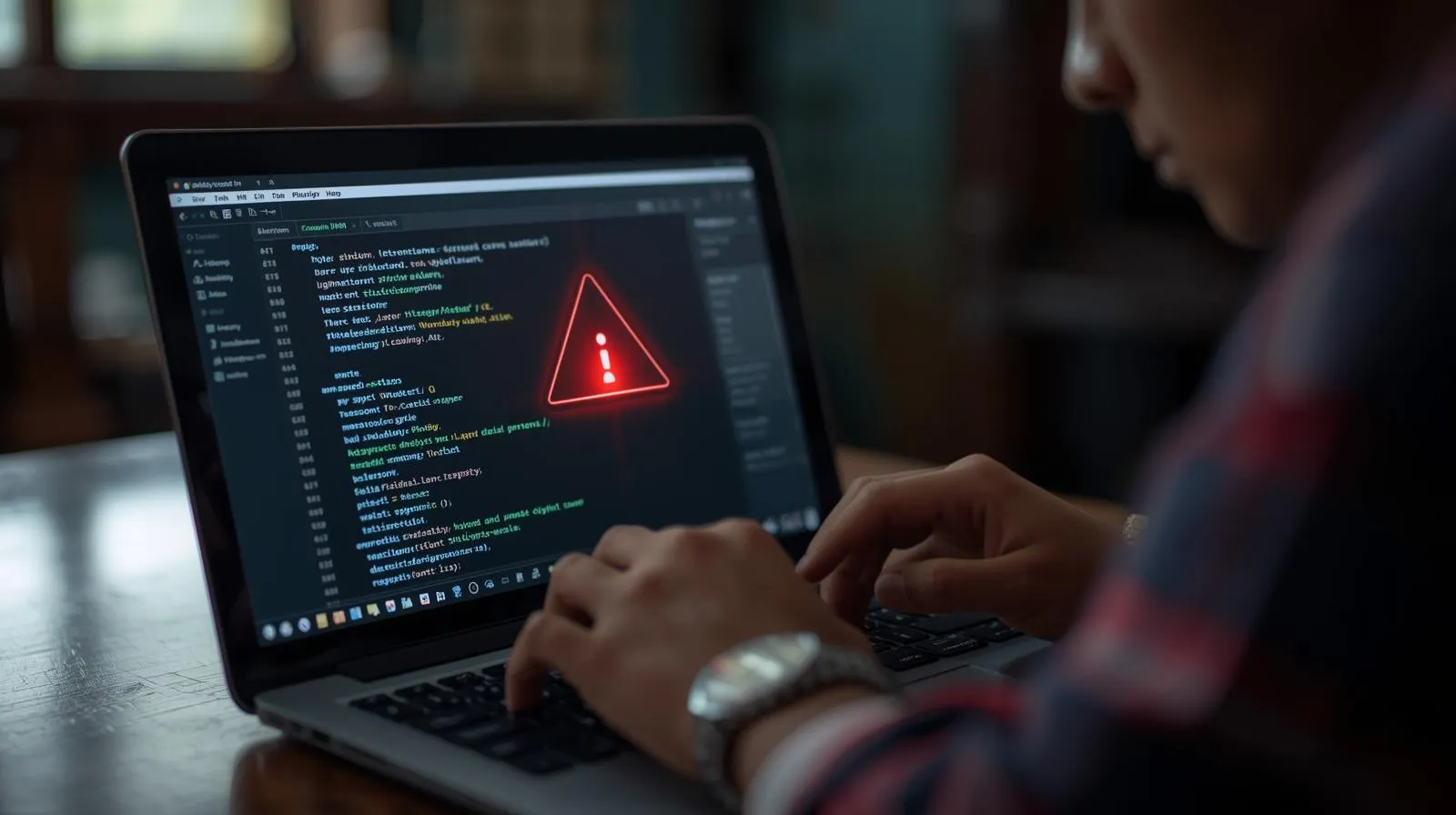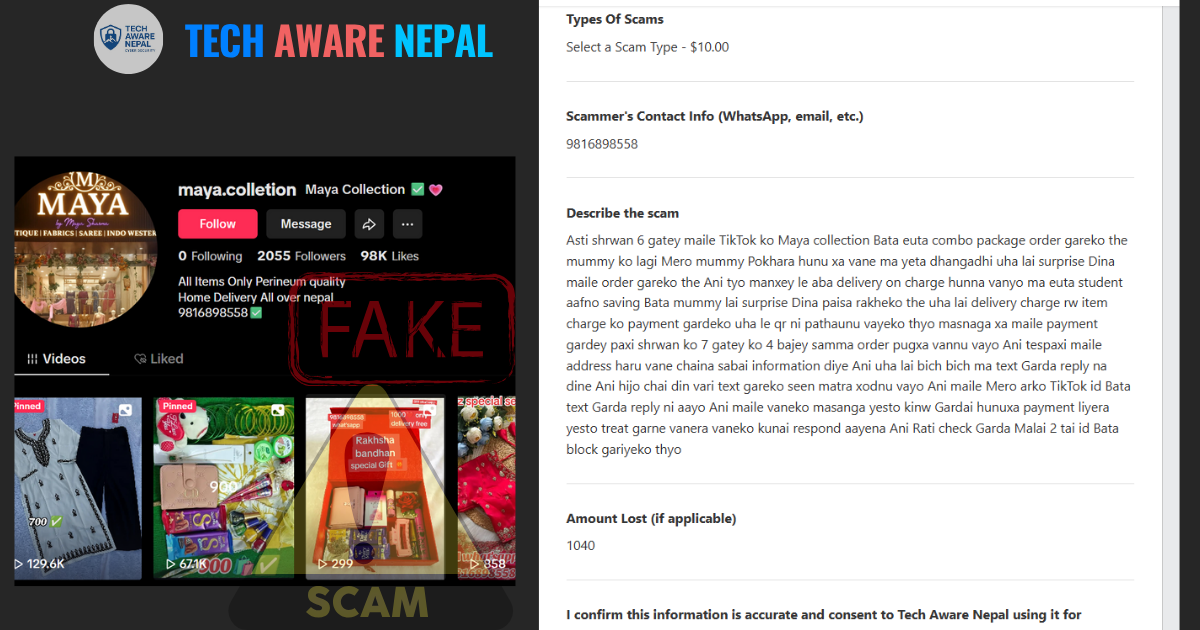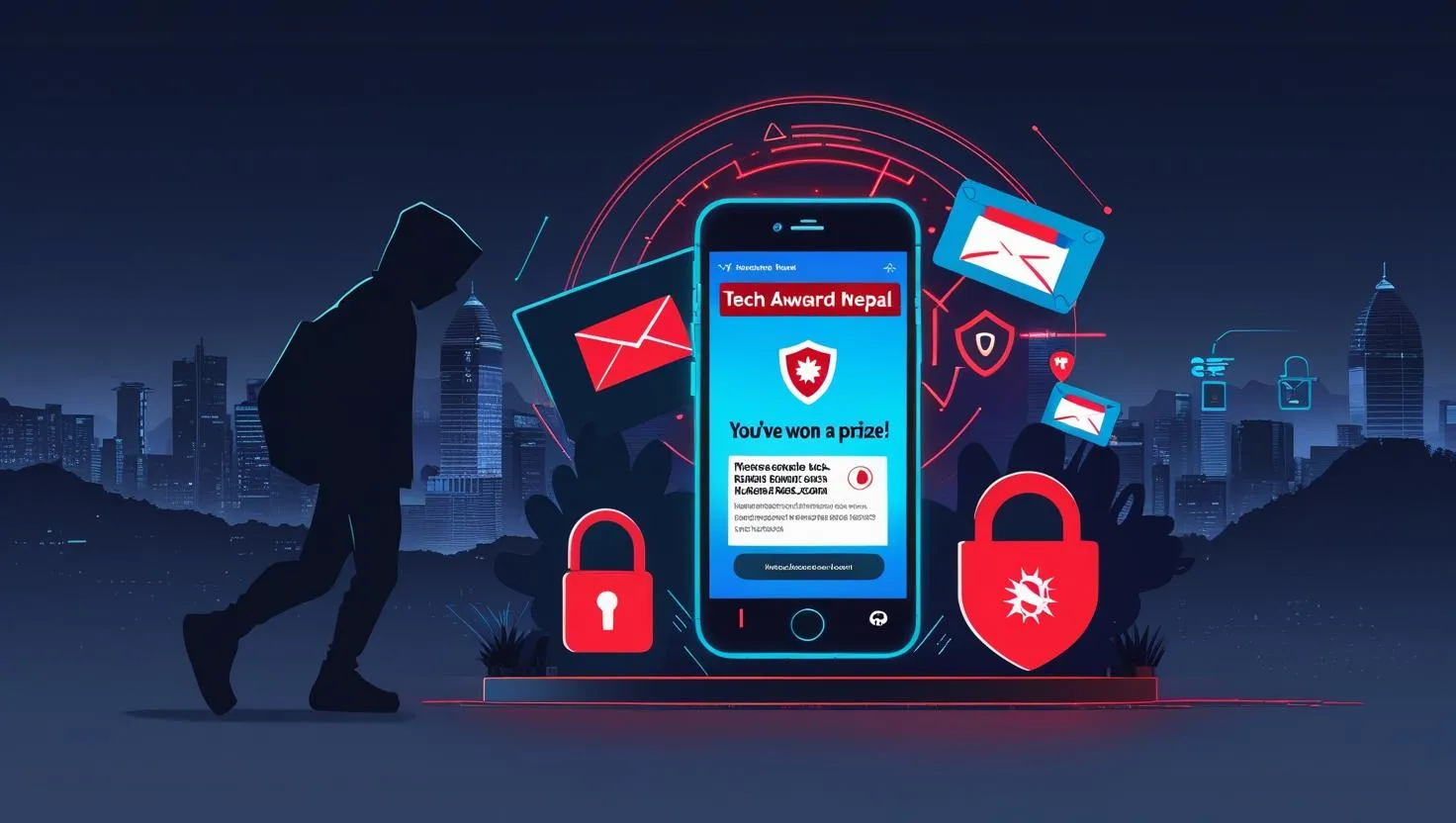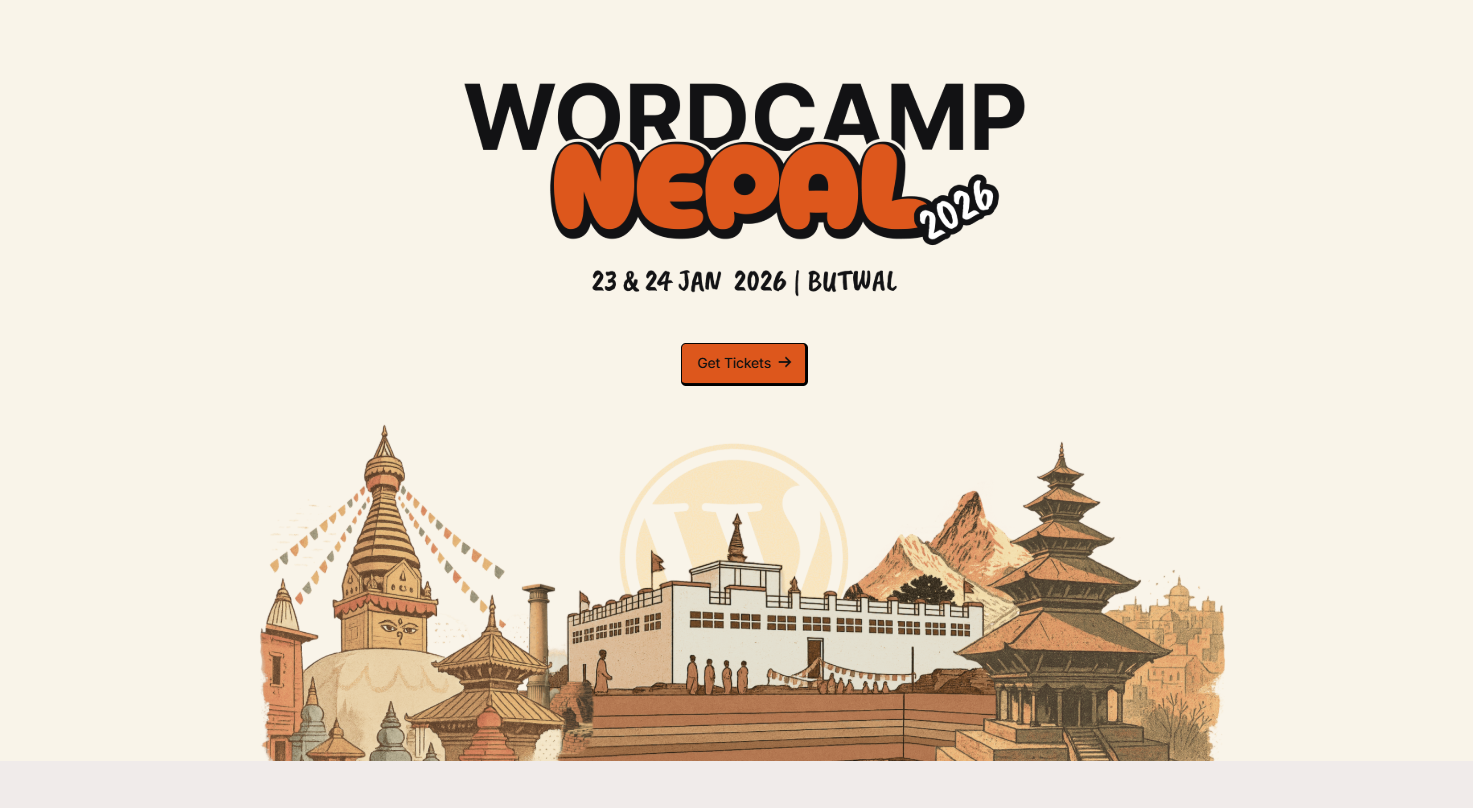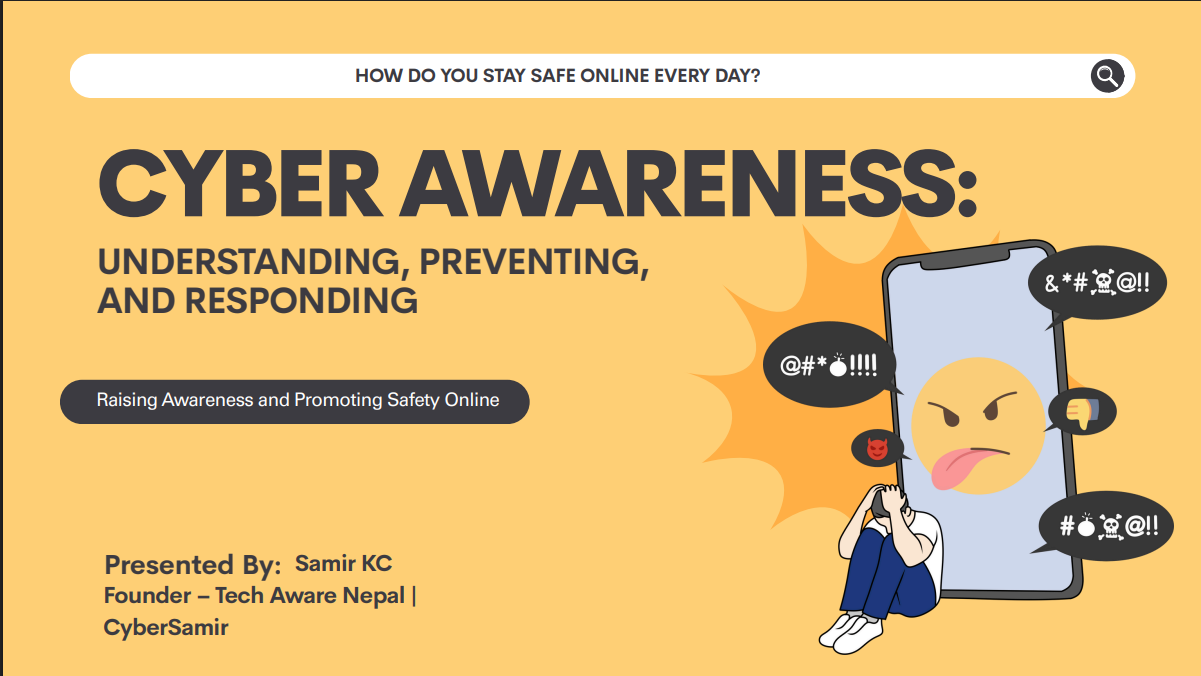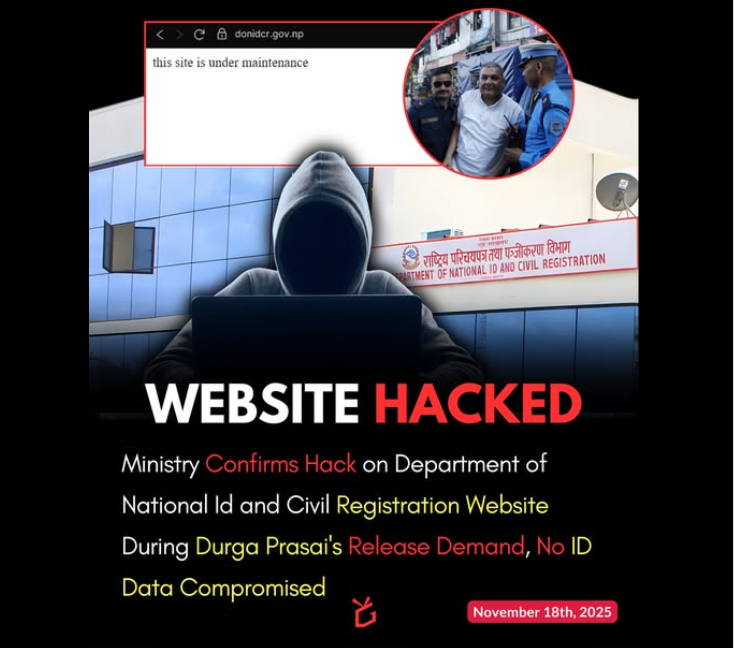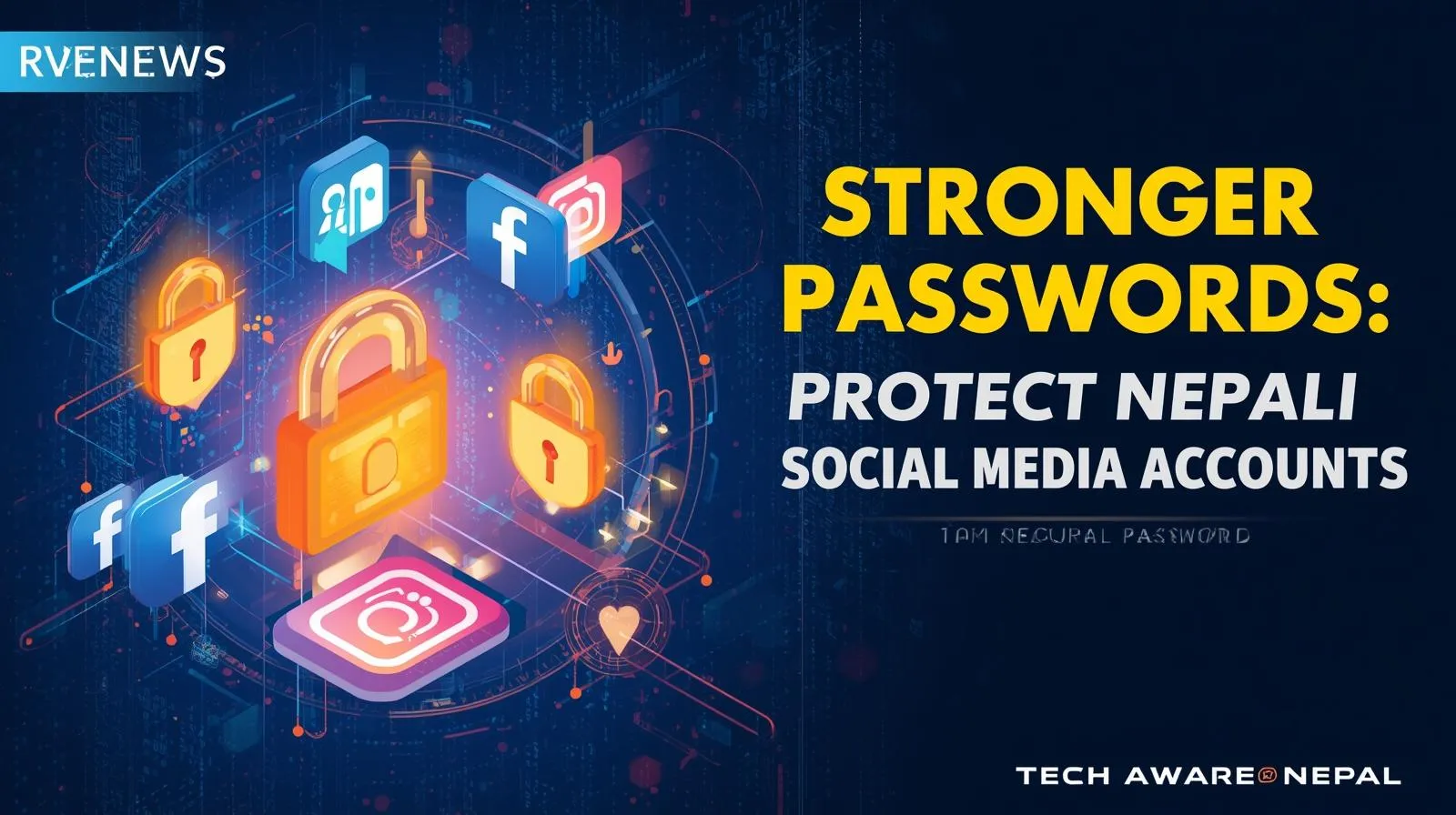
Guide for Nepali social media users on creating stronger passwords
Stronger Passwords, Safer Accounts: A Guide for Nepali Social Media Users
KATHMANDU, September 22, 2025 – From sharing moments on Facebook and Instagram to connecting on Viber, our digital lives are more intertwined with social media than ever before. But as we share more of ourselves online, we also expose ourselves to greater risks. News of hacked accounts, online scams, and data leaks is becoming increasingly common in Nepal.
While these threats sound intimidating, the good news is that your first and most powerful line of defense is simple: a strong password. Protecting your digital identity starts with moving beyond outdated habits and embracing a modern approach to security. This guide will show you how.
Why Your Old Password ([YourName]123) Is a Security Risk
Many of us create passwords that are easy to remember, but this often means they are also easy for hackers to guess. If your password looks anything like the examples below, it’s time for an immediate upgrade:
- Common Patterns:
nepal123,ktm@123,12345678 - Personal Information: Your name, your child’s name, your mobile number, or your date of birth.
- Simple Word Swaps:
P@ssword!orF@cebook!
Hackers use automated software that can try billions of these common combinations in seconds. A password based on your personal information makes you an easy target for anyone who knows you or can find your details online.
The Three Golden Rules for a Strong Password
Creating a secure password isn’t about memorizing a random string of symbols. It’s about being clever. Follow these three rules.
1. Go for Length (Make it a Passphrase)
Instead of a short, complex password, create a longer, simpler “passphrase.” Think of a short, memorable sentence of four or five random words. The sheer length makes it incredibly difficult for computers to crack.
- Bad Password:
Sagarmatha@8848(Short, predictable) - Excellent Passphrase:
PahadKukurChaatiyoTara(MountainDogLickedStar)
This passphrase is long, easy for you to remember, but nonsensical and nearly impossible for a hacker to guess.
2. Make It Unique for Every Account
This is the most critical rule. Never use the same password for more than one important account. Hackers know that people reuse passwords. If they steal the password from a less secure website, the first thing they will do is try it on your Facebook, your email, and even your eSewa account. Using a unique password for each service ensures that a breach on one site doesn’t compromise your entire digital life.
3. Use a Password Manager
“How can I possibly remember a unique passphrase for every account?” The answer is a password manager.
A password manager is like a secure digital vault (Tijori) for all your passwords. You only need to remember one strong master password to unlock the vault. The manager then creates, saves, and automatically fills in ultra-strong, unique passwords for all your different accounts. It’s the easiest and most secure way to manage your online life.
Popular Password Managers: Bitwarden (highly recommended free option), 1Password, LastPass.
Beyond the Password: Your Security Checklist
A strong password is your foundation, but you can add extra layers of security.
- Enable Two-Factor Authentication (2FA): This is the single best security upgrade you can make. 2FA is like having a second lock on your digital door. After you enter your password, the service will ask for a second piece of proof that it’s you, usually a code sent to your phone via SMS or an authenticator app. Always turn this on for Facebook, Google, and your financial apps.
- Perform Regular Security Check-ups: Platforms like Facebook and Google have a “Security Checkup” tool. Use it every few months to see which devices are logged into your account, review apps you’ve given permission to, and remove anything you don’t recognize.
In today’s interconnected Nepal, your social media account is more than just a profile—it’s your identity. Taking these simple yet powerful steps will ensure that your digital life remains safe, secure, and truly your own.
